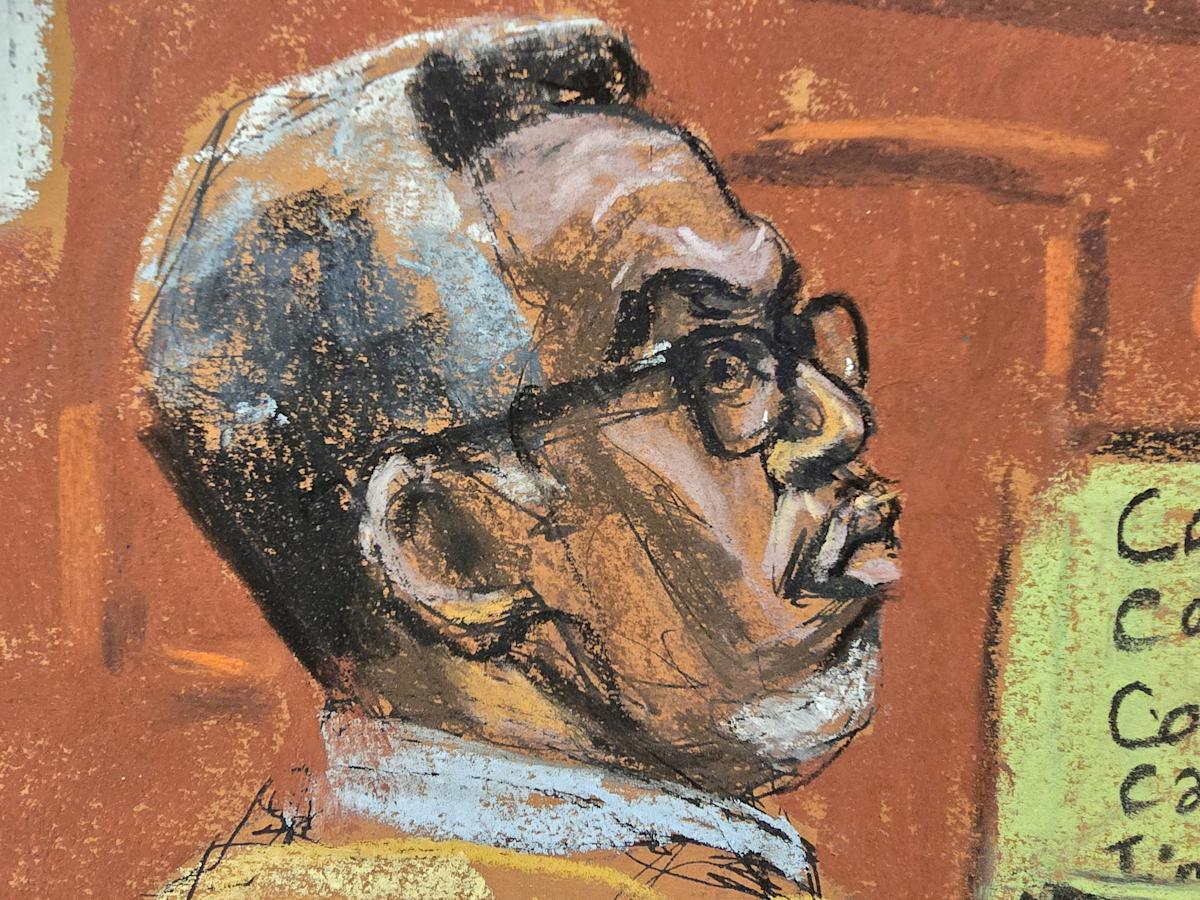The ongoing trial of Sean “Diddy” Combs in federal court is gaining significant attention as prosecutors inch closer to wrapping up their case in a complex sex trafficking trial. This high-profile case is drawing public scrutiny, highlighting serious allegations against one of hip-hop’s most iconic figures.
Over the past few days, DeLeassa Penland, a special agent with the U.S. Attorney’s Office for the Southern District of New York, has continued her testimony. The prosecution alleges that for decades, Combs manipulated, threatened, and abused women to engage in drug-fueled parties known as “freak offs”. These parties reportedly featured human trafficking elements, with Combs purportedly using his extensive business resources and influence to facilitate these encounters while also resorting to illegal means such as violence and intimidation.
Combs has categorically denied these allegations, arguing that the encounters were consensual relationships rather than criminal acts. As the trial progresses, it has become evident that the jury is being introduced to a trove of evidence, including text messages, financial records, and even video footage, which prosecutors argue encapsulate the shocking nature of the alleged “freak offs”.
The charges against Combs are serious, encompassing racketeering conspiracy, sex trafficking involving force or coercion, and facilitating prostitution across state lines. If found guilty, he faces a potential life sentence. Given the gravity of these allegations, the public is closely monitoring the proceedings.
A notable moment in this trial included the dismissal of a Black juror by Judge Arun Subramanian, a move the defense contested, concerned it might diminish the jury’s racial diversity. This incident has added a layer of complexity to the trial’s dynamics, reflecting ongoing conversations about race and the judicial process in America.
As the prosecution prepares to rest its case, one of the most striking pieces of presented evidence is the financial documentation connected to Combs’s alleged activities. The jury was shown extensive records of Combs’s extravagant expenditures on hotel stays linked to the “freak offs,” including a shocking charge of nearly $50,000 for damages incurred at the InterContinental New York Times Square. Such evidence aims to illustrate the lengths to which Combs went to conceal his actions, with prosecutors arguing that these expenditures point to a pattern of illicit behavior consistent with racketeering.
The trial took a particularly riveting turn when the jury was shown video footage of the “freak offs”. Prior to this, jurors had only been exposed to still images or audio recordings. This stark material was reportedly shocking, with some jurors visibly reacting to the explicit content as they viewed the clips through headphones designed to shield the material from public view. The prosecution aims to demonstrate that these videos reinforce the assertion that women were coerced into participating, challenging the defense’s claims of consent.
Another key component of the trial involves examining the communications between Combs and his former girlfriend, Cassie Ventura. In particular, text messages from March 5, 2016, have been scrutinized, as they document a harrowing incident where Combs allegedly assaulted Ventura. The messages reveal Combs’s frantic attempts to contact Ventura during this episode, where she described facing aggression when seeking to leave a “freak off”. This distressing evidence further complicates Combs’s defense, with Ventura’s testimony centering on the manipulation she experienced in their relationship.
As the trial unfolds, the repercussions for Combs could not be more significant. The prosecution has been thorough in detailing the systematic abuse of power allegedly employed by Combs to maintain control over the women involved in these encounters. They counter the defense’s narrative of consensual relationships, portraying the environment of fear and coercion allegedly perpetrated by Combs.
The media coverage surrounding this trial has been extensive, spotlighting not just the legal aspects but also the cultural implications of such high-profile allegations in the music industry. Observers are left to ponder what a guilty verdict might mean for the future of prominent figures in entertainment implicated in similar allegations.
In conclusion, as we approach the closing arguments in the trial of Sean “Diddy” Combs, the narratives of power, control, and accountability are at the forefront. The outcome could not only redefine Combs’s legacy but also set significant precedents for how the entertainment industry addresses issues of abuse and consent. The jury’s eventual decision will resonate far beyond the courtroom, potentially influencing the cultural landscape surrounding celebrity behavior and the broader discussions about misconduct in various industries. The unfolding trial can serve as a wake-up call to reassess the boundaries of power and responsibility, especially among those at the top.
Source link










